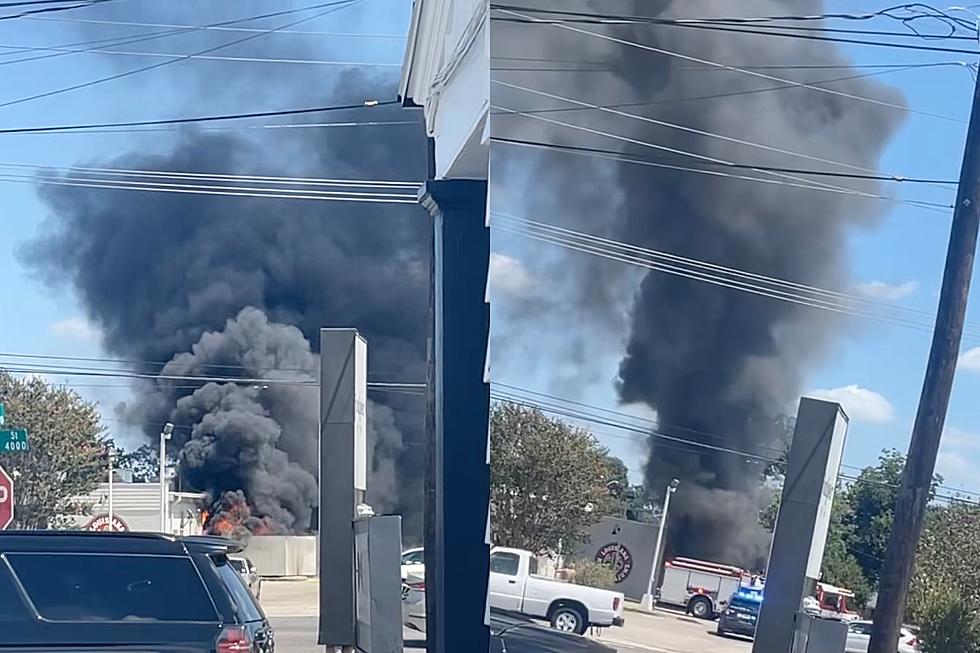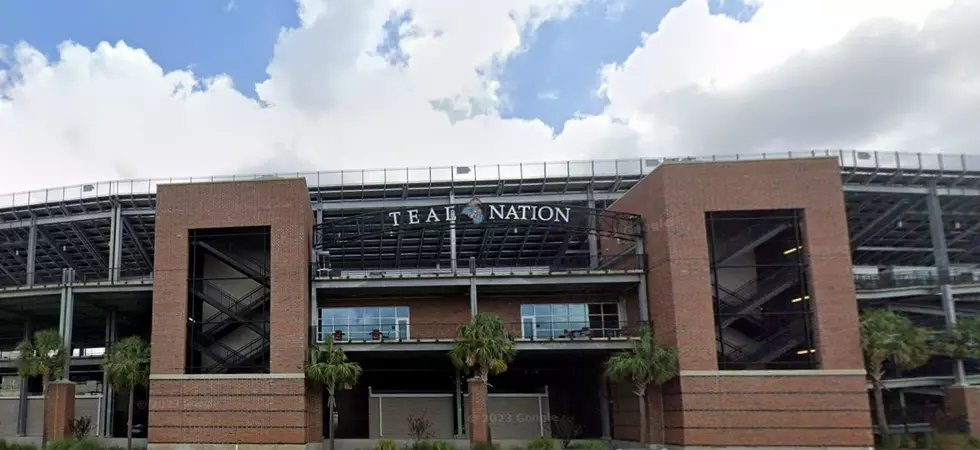
Fire Breaks Out at Legendary Pete’s Restaurant and Sports Bar in Lafayette, LA
The iconic Pete’s restaurant and sports bar located on Johnston Street in Lafayette, LA, was engulfed in flames on Monday.
The Lafayette Fire Department swiftly responded to the emergency call, rushing to the scene to combat the fire.
Reports flooded in from numerous listeners who shared photos and videos of the blaze, depicting billowing plumes of heavy black smoke rising into the sky. Residents and motorists in the vicinity reported witnessing the thick smoke that could be seen from a distance.
Alton Trahan, a representative from the Lafayette Fire Department, confirmed that the fire originated from a grease trap within the restaurant. The blaze was identified as a grease fire, which escalated quickly. The swift response from the Lafayette Fire Department led to the successful containment and extinguishing of the fire. However, as a precautionary measure, firefighters allowed the building to ventilate, allowing the residual smoke to dissipate.
As of now, there have been no official reports of injuries or substantial damage resulting from the fire. While the situation seems to be under control, the extent of the impact on the beloved Pete’s restaurant and sports bar remains unclear.
Fire investigators and experts will likely assess the scene to determine the extent of the damage and whether the establishment can be reopened.
This is a developing story...

